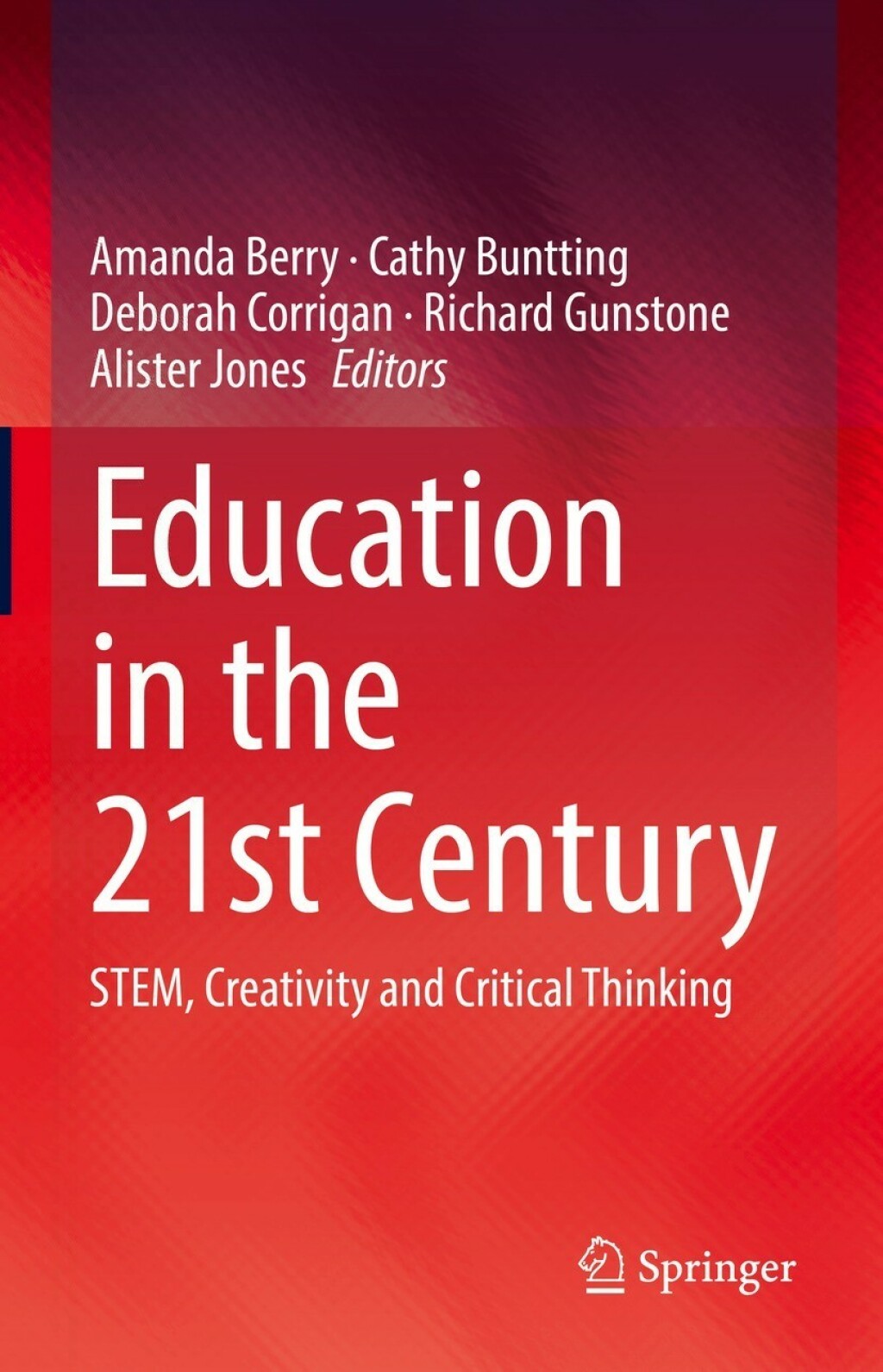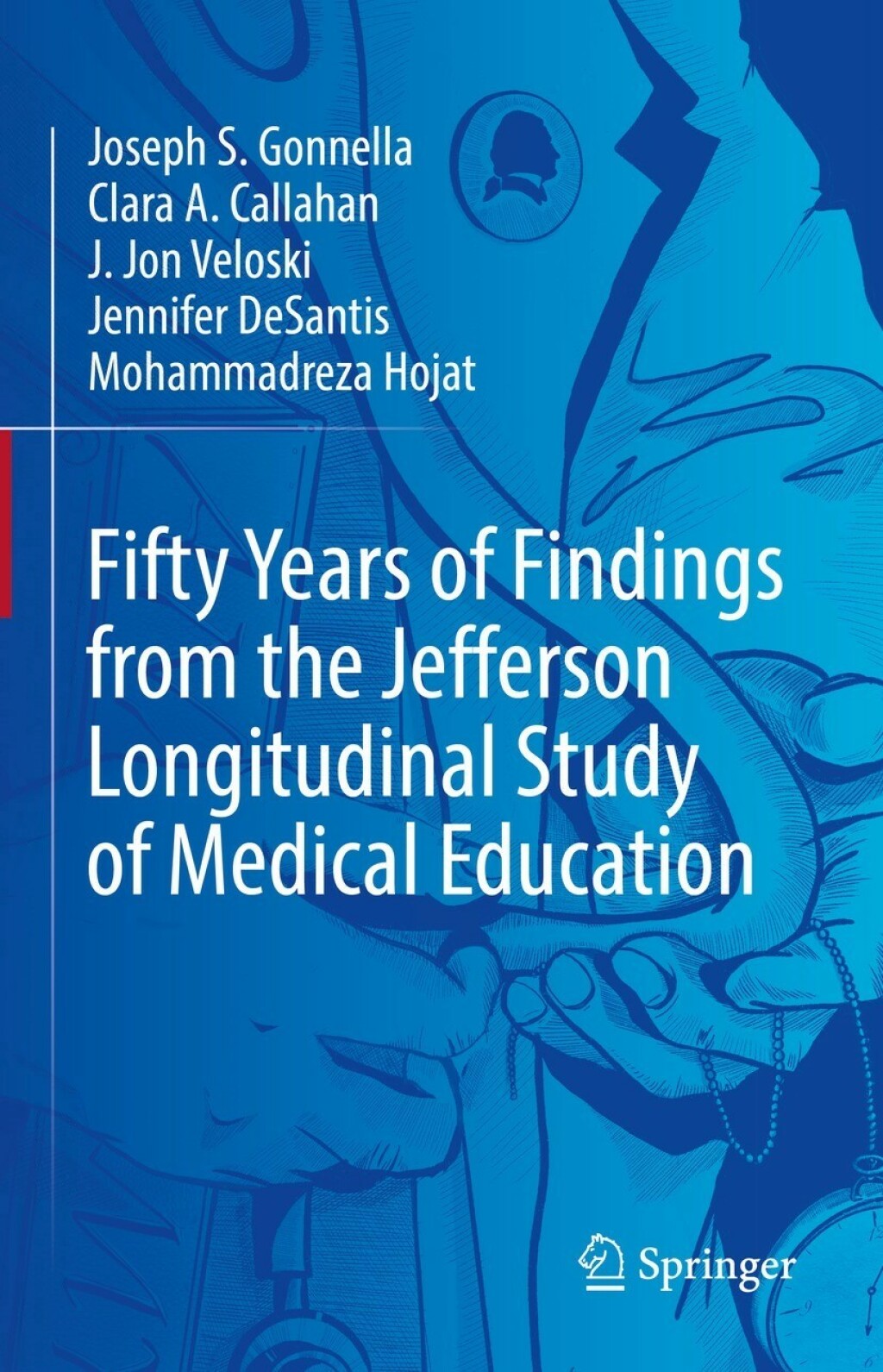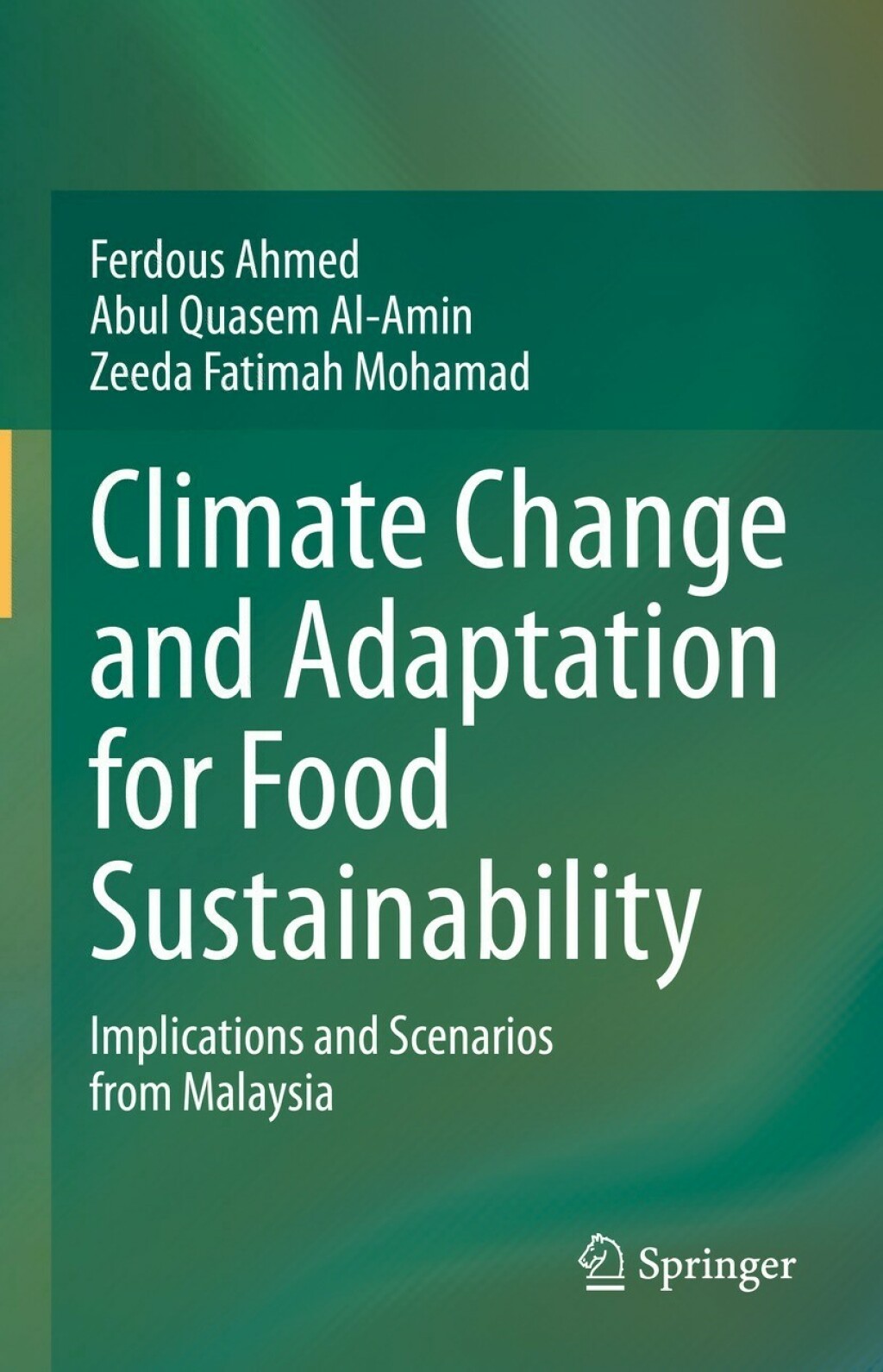This book assesses the vulnerability impacts of climate change on food security by examining a 50 years scenario (2015- 2065) and following a top-down approach. Importantly, looking at the sustainable food production, the authors compared the cost-benefit of adaptation costs from 2015 to 2065. It was found that a 15% adaptation capacity is more efficient for Malaysia in order to combat the climate change effects on the food sector.  This book has developed a quantitative adaptive model namely, the Malaysian Climate and Economy (MCE) model, based on the dynamic Computable General Equilibrium (CGE) modeling structure to examine food sustainability and adaptation strategies. Malaysia experiences an unusual combination of droughts and extreme rainfall events that can be attributed to climate change. These unusual events and consequences leave Malaysian policymakers looking for ways to make Malaysia self-sufficient in terms of agriculture. It is assumed that climate change effects may result in increasing food insecurity and vulnerability in the future. Policy measures are in place to lessen the likely climatic effects overall, but there is an urgent need to develop an adaptation policy for the future.ÂÂ
“Atlas of the Ultrastructure of Diseased Human Muscle” has been added to your cart. View cart
Climate Change and Adaptation for Food Sustainability Implications and Scenarios from Malaysia
Author(s): Ferdous Ahmed; Abul Quasem Al-Amin; Zeeda Fatimah Mohamad
Publisher: Springer
ISBN: 9783030853747
Edition:
$39,99
Delivery: This can be downloaded Immediately after purchasing.
Version: Only PDF Version.
Compatible Devices: Can be read on any device (Kindle, NOOK, Android/IOS devices, Windows, MAC)
Quality: High Quality. No missing contents. Printable
Recommended Software: Check here










